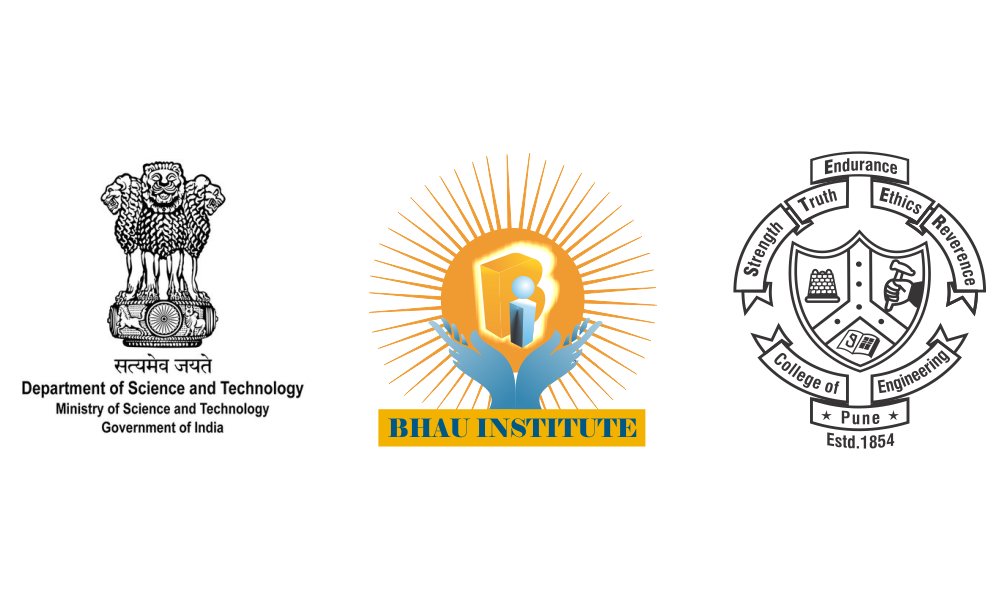The increasing population across the globe makes it essential to link smart and sustainable city planning with the logistics of transporting people and goods, which will significantly contribute to how societies will face mobility in the coming years.

The concept of smart mobility emerged with the popularity of smart cities and is aligned with the sustainable development goals defined by the United Nations till 2030. A reduction in traffic congestion and new route optimizations with reduced ecological footprint are some of the essential factors of smart mobility; however, other aspects must also be taken into account, such as the promotion of active mobility and inclusive mobility, encouraging the use of other types of environmentally friendly fuels and engagement with citizens.
The Internet of Things (IoT), Artificial Intelligence (AI), Blockchain and Big Data technology will serve as the main entry points and fundamental pillars to promote the rise of new innovative solutions that will change the current paradigm for cities and their citizens. Mobility-as-a-service, traffic flow optimization, the optimization of logistics and autonomous vehicles are some of the services and applications that will encompass several changes in the coming years with the transition of existing cities into smart cities.
Smart mobility solutions can bring unprecedented benefits for the smart city ecosystem. Smart traffic management to intelligent land use planning and management can be made possible with the help of smart mobility solutions. City planners can exploit the intelligent mobility approaches to come up with effective and efficient design plans which can be realized in sustainable and environmentally friendly ways.
There are several opportunities associated with smart mobility approaches for the city planners, authorities, users and other inhabitants of the smart city as well as certain challenges as mentioned below are also crucial impacting factors which can be leveraged by startups, such as:

Infrastructure

Security and Privacy

Governance

Initial Adoption

Last Mile
Connectivity.

Dynamic Routing & Transportation Mobility

Network Management & Monitoring

Data Acquisition & Integration

Legal Challenges
Smart mobility solutions are catalyzing a paradigm shift in the area of mobility management in smart cities. Several innovative approaches are being devised to improve the state-of-the-art of smart mobility. A few important factors to be considered include:
Mobility in degraded vision
Alternate fuels
Mobility for differently abled citizens
IoT based dynamic traffic management
Security of citizens, devices and vehicles
Electric vehicles
Mobility solutions in natural calamities and disasters
Inclusive, environment friendly, sustainable and efficient transportation
Transparent and distributed traffic management
On-demand increase of Electrical Vehicles and Smart mobility and Pune being one of the fastest growing Smart City, Bhau Institute decided to support and assist the startups putting efforts in the development in this domain as a major focused area. By leveraging the COEP technical engineering expertise in the domain, partnering with industry, collaborating with the authorities institutes such as ARAI, the Bhau institute will be able to support the entrepreneurs in this sector.
